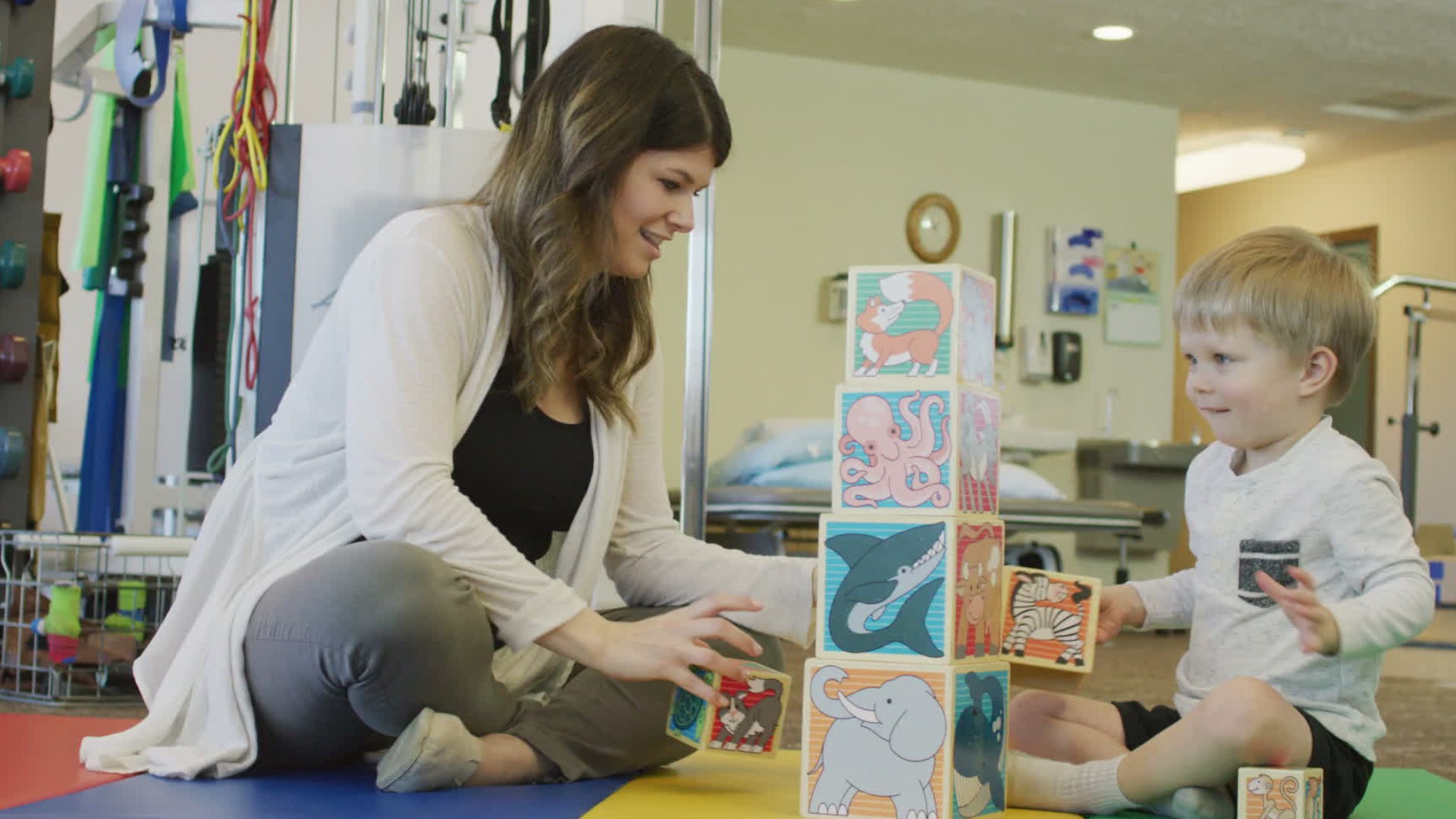Speech-Language Pathology Assistants
Communication Assistant, Speech Pathologist Assistant, Speech-Language Pathologist Assistant (SLPA), Speech-Language Pathology Assistant (SLPA)
What they do:
Assist speech-language pathologists in the assessment and treatment of speech, language, voice, and fluency disorders. Implement speech and language programs or activities as planned and directed by speech-language pathologists. Monitor the use of alternative communication devices and systems.
On the job, you would:
- Document clients' progress toward meeting established treatment objectives.
- Implement treatment plans or protocols as directed by speech-language pathologists.
- Collect and compile data to document clients' performance or assess program quality.
Knowledge
Arts and Humanities
- English language
Education and Training
- teaching and course design
Health
- therapy and counseling
Math and Science
- psychology
Skills
Basic Skills
- listening to others, not interrupting, and asking good questions
- reading work related information
Problem Solving
- noticing a problem and figuring out the best way to solve it
Social
- understanding people's reactions
- looking for ways to help people
Abilities
Verbal
- communicate by speaking
- listen and understand what people say
Ideas and Logic
- notice when problems happen
- order or arrange things
Hearing and Speech
- recognize spoken words
- speak clearly
Personality
People interested in this work like activities that include helping people, teaching, and talking.
They do well at jobs that need:
- Optimism
- Empathy
- Social Orientation
- Cooperation
- Integrity
- Attention to Detail
Technology
You might use software like this on the job:
Spreadsheet software
- Microsoft Excel
Medical software
- Biofeedback software
- Micro Video Video Voice Speech Training System
Text to speech conversion software
- Text to speech software
Education
Education: (rated 3 of 5)
associate's degree or
bachelor's degree
usually needed
bachelor's degree
usually needed
Job Outlook
Average
New job opportunities are likely in the future.
Explore More
- Audiologists
- Occupational Therapy Aides
- Occupational Therapy Assistants
- Psychiatric Technicians
- Speech-Language Pathologists
You might like a career in one of these industries:
See more details at O*NET OnLine about Speech-Language Pathology Assistants.





